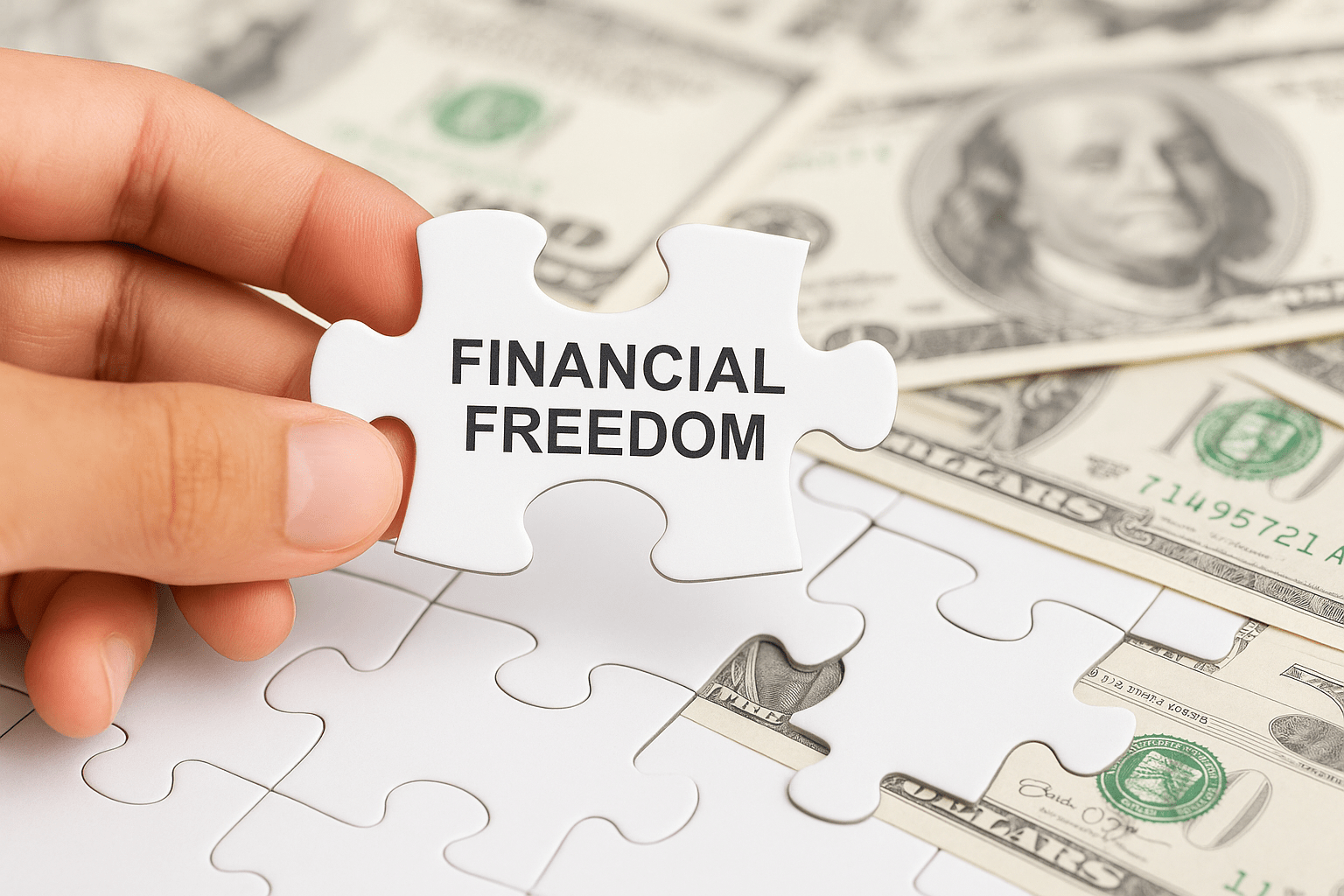
Introduction: It’s Time to Flex Those Fiscal Muscles
We’re not telling you to stop buying coffee or live like a monk in the woods. Fiscal empowerment isn’t about deprivation—it’s about getting your money to work smarter, so you don’t have to work harder (unless you like that sort of thing).
Whether you’re climbing out of debt, building a legacy, or just trying to stretch your paycheck without losing your sanity, these five strategies will help you level up both your finances and your lifestyle.
1. Turn Your Budget into a Lifestyle Statement
Let’s reframe budgeting. Most people treat it like a crash diet: restrictive, unsustainable, and a little sad. But the truth is, a solid budget isn’t about saying “no” to everything fun—it’s about saying “yes” intentionally.
The Empowerment Angle:
Your budget reflects your priorities. If your spreadsheet feels like it was written by your high school vice principal, it’s time for a makeover.
Action Steps:
- Do a “Values-Based” Audit: List your top 5 life priorities (e.g., travel, family time, building a business, staying healthy) and align your spending to them. Ditch or reduce anything that doesn’t support your real goals.
- Automate What You Can: Use tools like Mint, YNAB, or even a good ol’ spreadsheet with built-in formulas. Automate savings, bills, and debt payments so you don’t have to think about them.
- Give Yourself Guilt-Free Spending Cash: Yes, you can (and should) have a “fun” category. This is your lifestyle, not financial jail.
Bonus Tool:
Use the 50/30/20 rule as a flexible framework: 50% needs, 30% wants, 20% savings/debt payoff. Modify it to suit your goals—just keep it intentional.
2. Monetize Your Knowledge, Hobby, or Skill
Let’s talk side income. You probably have something you can monetize, whether it’s baking sourdough, graphic design, explaining Excel like a wizard, or just being really good at identifying weird vintage lamps.
Why This Empowers You:
Extra income means options. It creates breathing room, builds savings faster, and may eventually replace your 9-5 if that’s your jam.
Action Steps:
- Inventory Your Skills and Interests: What do friends and coworkers come to you for help with? That’s your clue.
- Choose a Monetization Route:
- Coaching or consulting
- Freelance or gig work (design, writing, tutoring)
- Physical product sales (Etsy, eBay, Amazon)
- Digital products (eBooks, printables, online courses)
- Affiliate marketing or blogging (hey, like Fiscal Means)
- Start Small, Grow Smart: Use free platforms like Canva to make your first product, or Fiverr to test the freelance waters.
Bonus Tip:
Use affiliate programs to layer passive income on top of content you already create. If you write about yoga, pilates, or cross training tips, consider signing up for Amazon Associates, QuickBooks’ affiliate program, and any others in your niche.
3. Declutter Your Financial Life
We all have “subscriptions we forgot about” syndrome. And some of us (not naming names) have a gym membership that hasn’t been used since the “Tiger King” era. Decluttering isn’t just for your sock drawer—it’s for your whole financial ecosystem.
The Empowerment Angle:
Less clutter means more clarity, more money, and less stress. Every dollar and decision gets easier when you simplify.
Action Steps:
- Do a Subscription Cleanse: Use tools like Trim or Rocket Money to identify recurring charges. Cut what you don’t use.
- Consolidate Accounts: If you’ve got five old bank accounts, three credit cards with random points, and a rogue 401(k) from 2009, it’s time to simplify.
- Purge the House, Too: Sell unused stuff on Facebook Marketplace, Poshmark, or eBay. Use that cash to beef up savings or pay down debt.
Lifestyle Boost:
Minimalism doesn’t mean living in an empty room. It means choosing what actually adds value to your life—and ditching what doesn’t. It’s like Marie Kondo, but for your checking account.
4. Use Your Business Brain—Even If You’re Not “In Business”
Whether you’re a full-time entrepreneur or a 9-to-5er with a side hustle dream, applying business principles to your personal life is a serious power move.
Here’s Why:
Businesses track income, expenses, ROI, and goals. Imagine if your personal finances had that same clarity and direction.
Action Steps:
- Track ROI on Big Purchases: Bought a $1,200 laptop? Track how much income or productivity it generated. If it pays for itself, it’s not just a cost—it’s an investment.
- Create a Personal P&L (Profit and Loss): Monthly, list all your income and spending in a simple format. Analyze trends. Use it to set quarterly goals.
- Write a “Personal Business Plan”:
- Where do you want your finances to be in 1, 3, and 5 years?
- What systems will help you get there?
- What risks do you need to manage?
CPA Tip from the Desk of Fiscal Means:
If you’re running a side hustle or business, get serious about tax strategy early. Use QuickBooks for tracking, and talk to a CPA (hi!) before tax season hits. Smart deductions and planning = real money in your pocket.
5. Invest in the Future You Want—Literally and Figuratively
Let’s finish strong. Financial empowerment means building something. It’s not just about budgeting or saving pennies—it’s about choosing a direction and making your money help you get there.
This Isn’t About Picking Stocks Blindfolded:
Investing takes many forms:
- Traditional (stocks, IRAs, 401(k)s)
- Real estate
- Business equity
- Courses, skills, or certifications that raise your income ceiling
Action Steps:
- Start with One Investment Vehicle:
- 401(k) with employer match? Max that first.
- No match? Open a Roth IRA through something like Fidelity or Vanguard.
- Already doing that? Consider a taxable brokerage account.
- Set a “Learn and Earn” Goal: Take one course or certification this year that could boost your income. Think bookkeeping, coding, copywriting, or marketing.
- Map the Lifestyle Outcome: Where do you want to live, work, and chill 10 years from now? Use that as your investing compass—not just chasing the highest return, but building the life you want.
Big Picture Tip:
You don’t need to be a millionaire to invest. You just need to start. Even $50 a month grows over time. Time is your best friend—don’t ghost it.
Final Thoughts: You Don’t Have to Be “Good at Money” to Be Empowered
The truth is, no one is born knowing how to budget, invest, or negotiate their phone bill down like a boss. It’s all learnable. Start where you are, use what you have, and don’t get stuck in the shame loop.
You’ve got this. And if you ever feel overwhelmed? That’s what Fiscal Means is here for—real-life money guidance with a side of style and a whole lot of substance.
R. A. Goldston, CPA at Large

 Previous post
Previous post
 Next post
Next post
